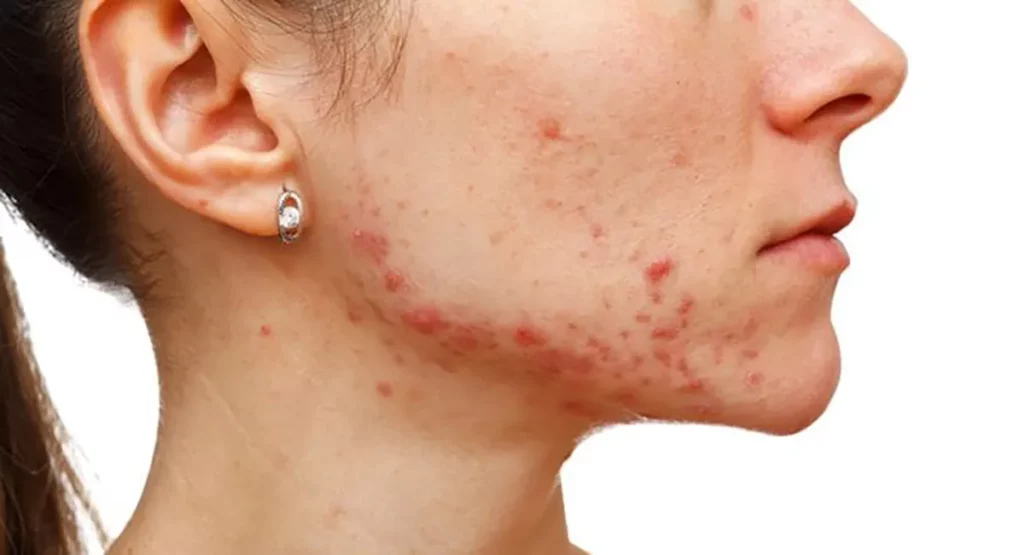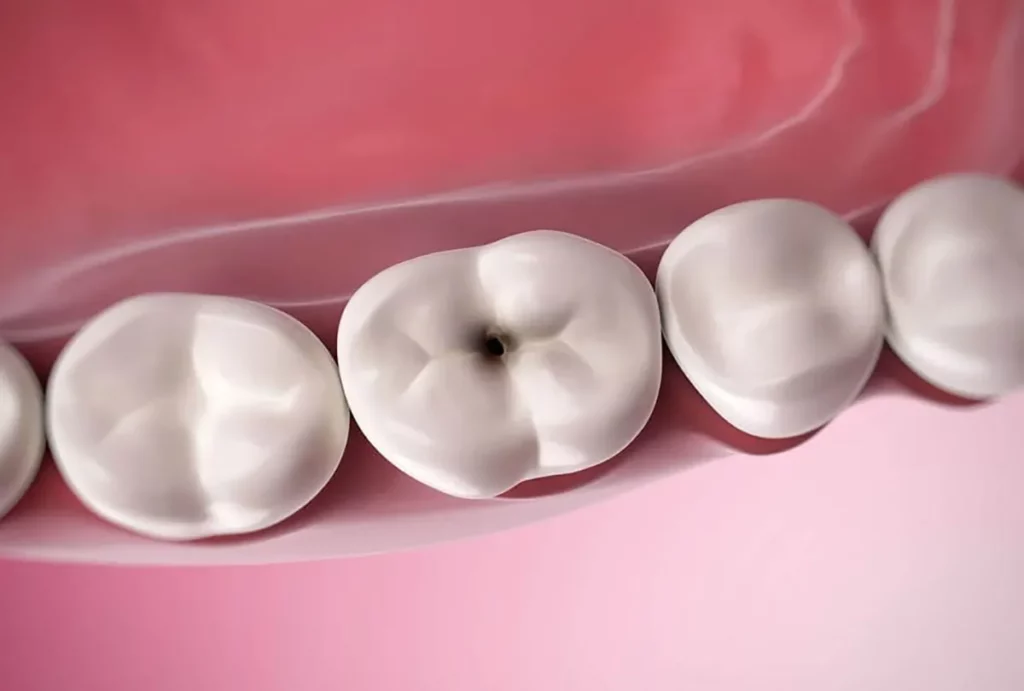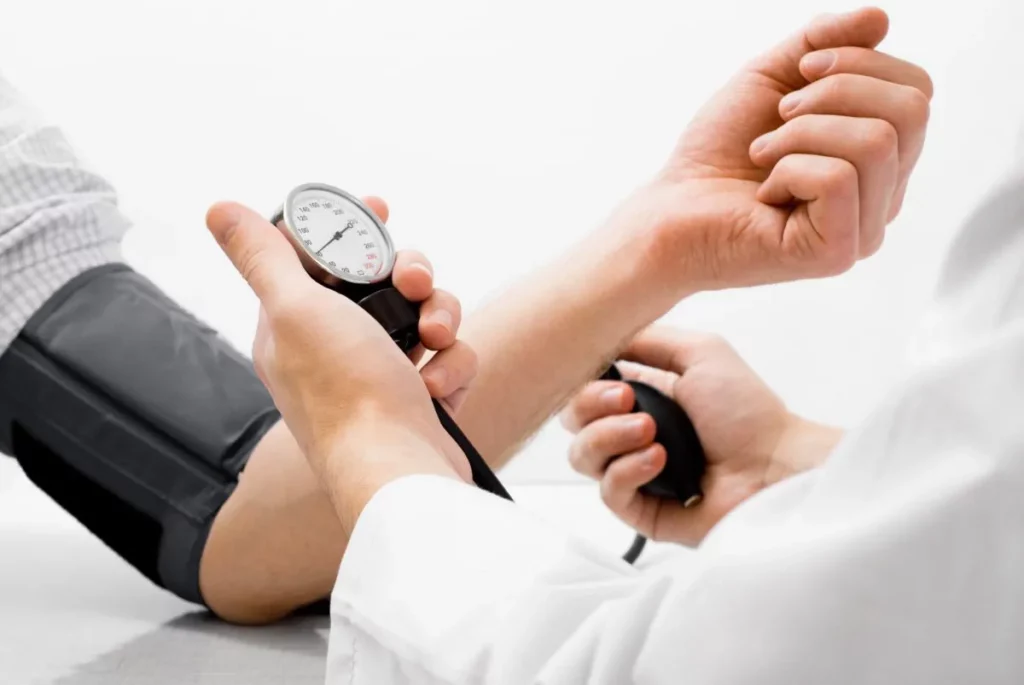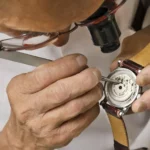The World Health Organization recommends that ideally just around 5% of your total energy intake per day should come from added sugars. This translates to about 6 teaspoons of added sugar a day. If you think that’s easy to manage, think again. Even if you stay away from sweets and desserts, chances are that you are still consuming more sugar than you think.
Slashing sugar can be tricky because sugar is so ubiquitous—you’ll find it even in healthy-sounding foods like cereal and yogurt. That’s why it is important to read the food labels on packaged food in the supermarket to check the ingredient list. And of course, it’s always better to choose fresh vegetables and lean protein instead of processed, pre-packaged foods.
Here’s how your body might be telling you to limit your sugar intake.
1. You Are Breaking out in Acne and Pimples

You may have been out of your teens but it’s difficult to outgrow acne if you don’t watch your sugar intake. Research in the past few decades has uncovered two main factors behind acne— hormones and inflammation. Sugar aggravates hormonal acne, as well as promotes inflammation.
Eating too much sugar can wreak havoc on your skin. A study in the Journal of the Academy of Nutrition and Dietetics suggests a relationship between a high-sugar diet and the severity of acne. Participants with moderate to severe acne reported a higher sugar intake compared with people who had mild or no acne.
2. You Are Exhausted

If you eat breakfast or lunch packed with added sugar and distinctly lacking in satiating protein, fibre, and fat, you could find yourself getting drowsy and low in energy by the afternoon. You might even develop a pounding headache or an urge to find a sofa in a dark corner in the office to lie down in.
A balanced and nutritious diet prevents your blood sugar from going from a sugary high to a lethargic low.
3. You Have Cavities

Cavities have always been a not-so-subtle sign of a sweet tooth. Remember all those times when your mother told you not to eat too many chocolates when you were little? When bacteria in your mouth digest any kind of carbohydrate, they produce an acid that combines with your saliva to produce plaque. If plaque is not brushed away, it accumulates on teeth and begins to erode teeth enamel and that is the start of cavities. The key to prevention is to brush your teeth after each meal.
4. You Have High Blood Pressure

Your blood pressure is considered normal if it is 120/80 or lower. A high-sugar diet can push your blood pressure over this threshold. In a 2014 research review published in the British medical journal Open Heart, medical experts argued that limiting peoples’ sugar intake is more important than reducing sodium consumption when it comes to healthy blood pressure.
Most of the sugar you eat is “hidden,” usually under the guise of high fructose corn syrup in processed foods. This corn-based sweetener is used in thousands of foods, from ketchup and tomato sauces to soft drinks and even biscuits. Research strongly suggests this is a cause for high blood pressure.
5. You Feel Depressed
Multiple studies suggest a link between sugar intake and the risk of depression. A high-sugar diet spikes levels of inflammation throughout the body, which is also linked to higher levels of depression. A diet high in simple sugars from carbohydrates is also associated with depression.
For one, high sugar intake could reduce your levels of brain derived neurotrophic factor (BDNF), a protein that helps the growth and development of your brain cells. It may also spark inflammation, which has been linked to a depressed mood. High-sugar diets can also mess with your insulin response after eating, which can tank your hormones and your mood.
Now that you know the risks involved, remember that sugar is not just that white thing you add to your coffee or tea. It is in almost everything you eat and in the most unexpected places. But that doesn’t mean you cannot indulge your sweet tooth.
If you need to sweeten foods, you have a natural alternative available such as Stevia. Add just 2-3 drops of QNet’s Nutriplus Natose Stevia liquid in your coffee and you will realise that you don’t need sugar to make your food tasty!









I think due to the work load we also take too much sugar.